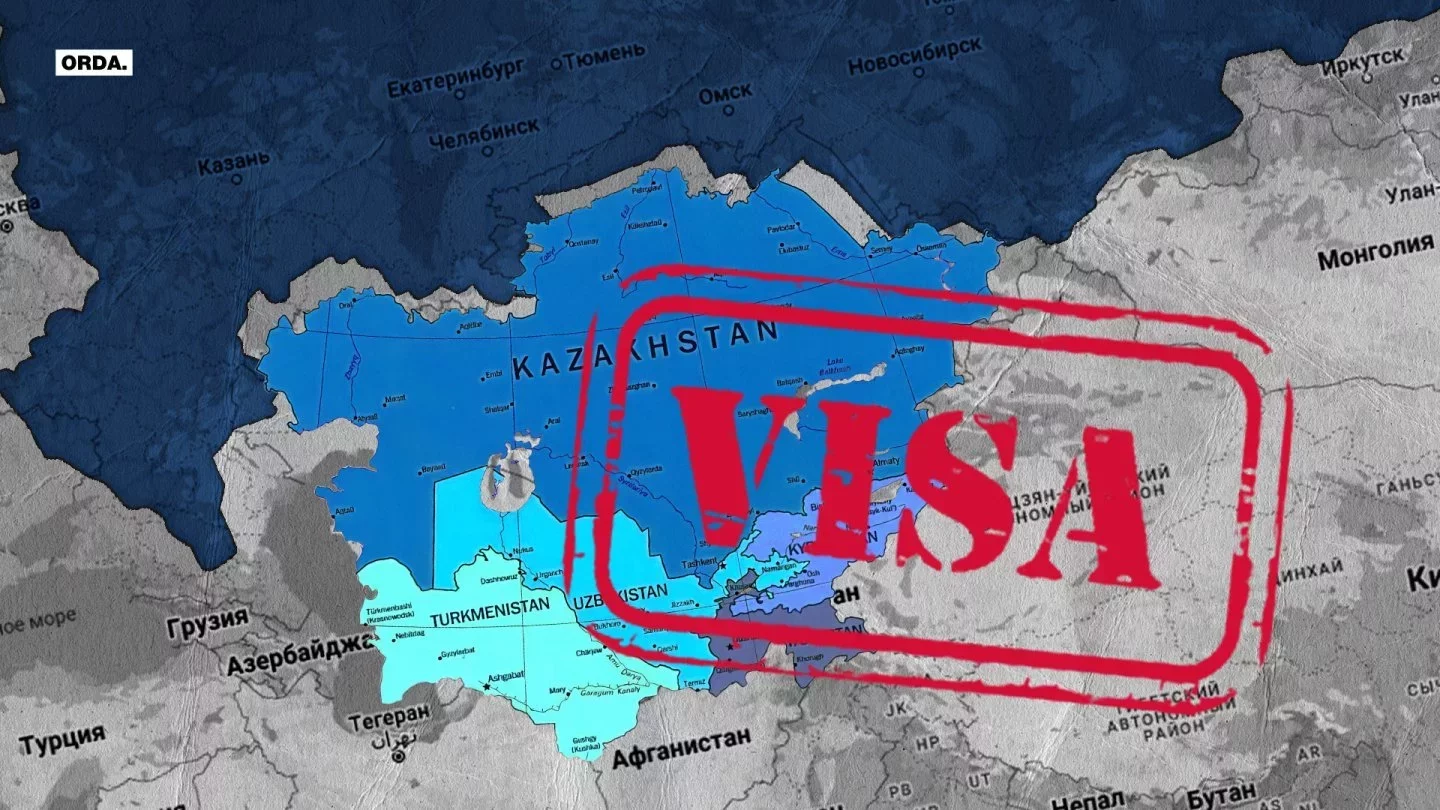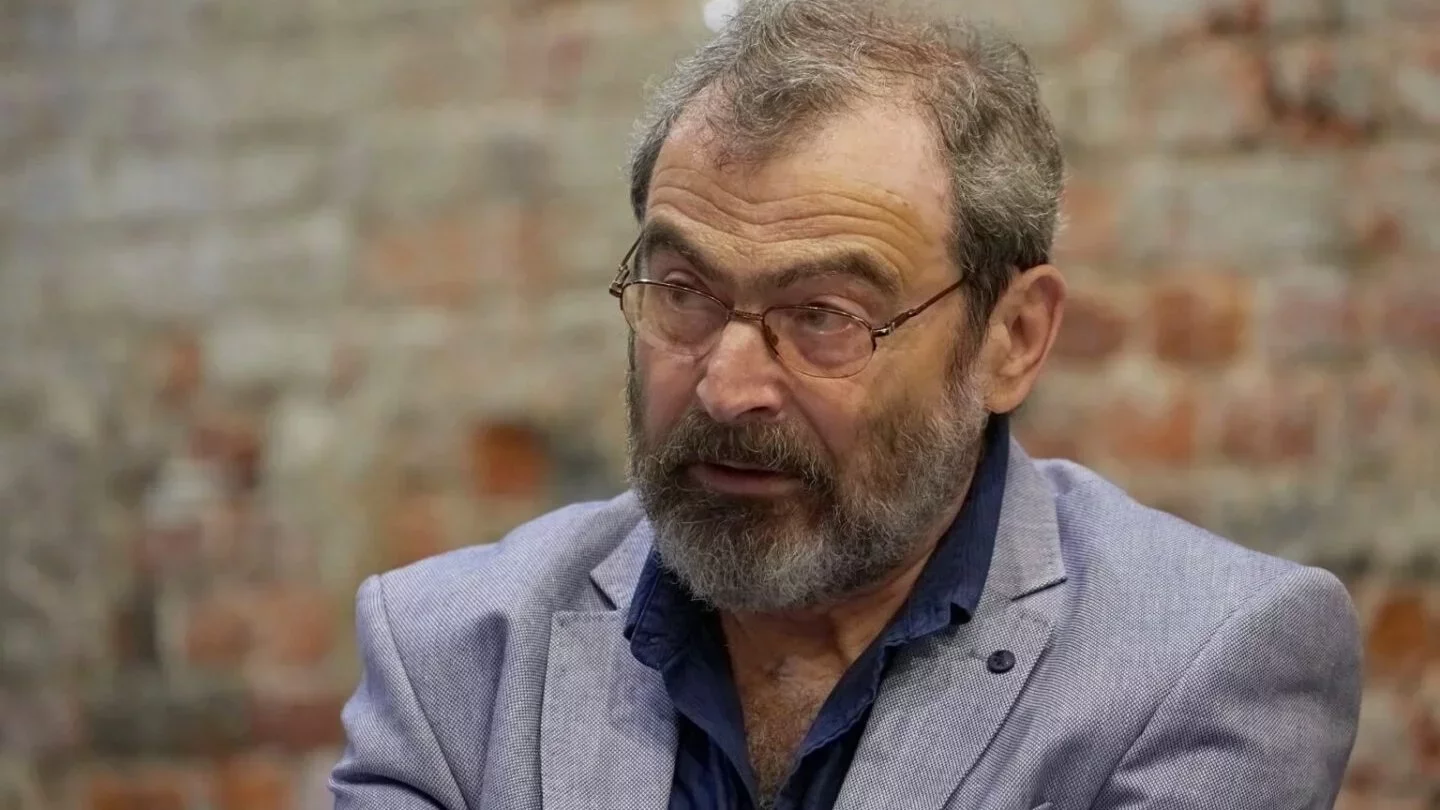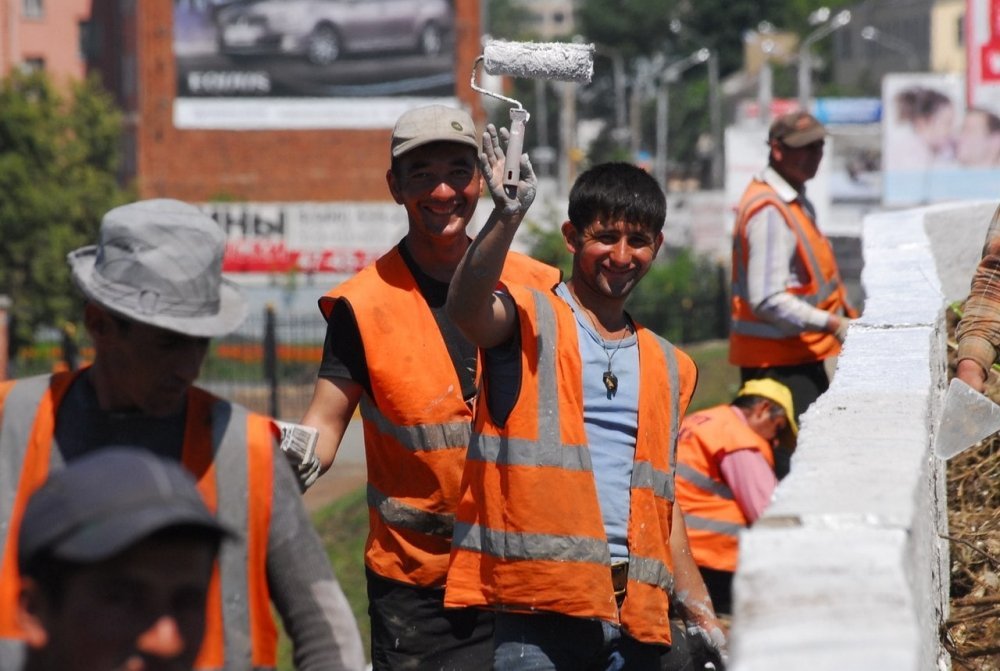Orda Spoke with Experts about Russia's Calls to Cancel Visa-free Regime with Central Asia
 Orda
Orda
After the Crocus City Hall terrorist attack, reoccurring talks about ending the visa-free regime with the countries of Central Asia have resurfaced in Russia. Even Alexei Navalny had long been a supporter of a visa regime with Central Asia. After the terrorist attack, which Tajik citizens are accused of committing, this idea has been floated at the state level.
Orda.kz has spoken with experts from Kazakhstan and Russia about how possible this is and what the outcomes could be.
Violation of Union's Terms
Arkady Dubnov, an expert on Central Asia from Russia, believes that ending the visa-free regime is unlikely. According to him, such ideas indicate the confusion prevailing among the Russian elites caused by the inability to counter the terrorist threat.
As the practice of recent years shows, such a danger is indeed partially brought into the Russian atmosphere by ethnic immigrants from Central Asian countries. This is a fact. And an attempt to eliminate this factual side of the matter results in the proposal of the simplest solutions that lead to hell, the expert says.

Dubnov also says that such populist statements may be an attempt to extend its rhetoric deep into the passive part of Russian society. Especially those who have been increasingly chauvinistic towards people from Central Asia in recent years.
Kazakhstani political scientist and expert on international relations, Anuar Bakhitkhanov, also considers the statements of Russian politicians populist.
The statements of Russian politicians about the introduction of a visa regime with the countries of Central Asia against the background of the appalling terrorist attack in Moscow, in my opinion, correspond to the current mood of Russian citizens and are made for the appearance of feedback from the people, he says.
Arkady Dubnov recalls that some post-Soviet countries, including the Central Asian states, continue to have close ties with Russia even after the collapse of the USSR. This particularly applies to EAEU members such as Kazakhstan and Kyrgyzstan.
If we talk about the abolition of the visa-free regime with these two countries, then the question is raised about the elimination of some basic conditions of the EAEU's work - the free movement of people, capital, etc. And this is an extremely political issue... And even from these considerations, abandoning the visa-free regime seems improbable to me, as this poses the risk of the EAEU breaking up, Dubnov believes.
Anuar Bakhitkhanov also says that such statements contradict the principles of the EAEU.
Populist statements like this fail to address realities and are contrary to the values and all previously reached agreements of our states, namely the work of the EAEU. The visa regime, no matter how good it is, is a barrier to free trade, not to mention tourism and other sectors of the economy, the political scientist believes.

Russia's Vastness
Arkady Dubnov brings forward other arguments against introducing visas with Central Asian countries. In his opinion, citizens of Tajikistan and Kyrgyzstan who want to provide for their families but cannot at home would continue to seek opportunities in the Russian Federation:
What would they have to do if Russia introduced visas? In other conditions, so to speak, more civilized relations between Tajikistan and Russia, Tajik citizens would have to apply for a work visa. This requires an invitation from an employer from Russia and the conclusion of an employment contract. But experience shows that before arriving in the Russian Federation, these people will not receive an invitation because then they should be guaranteed a minimum wage. The current Russian employer cannot afford this because he relies on unskilled labor.
The expert also highlights the semi-legal relationship between workers from Central Asia and employers from the Russian Federation. The former receives pay under the table, whereas the latter does not pay taxes and other withholdings.
This will hit not only those who are looking for work in Russia but also the employers themselves. And these are the largest economic sectors: housing and communal services, construction, and the service sector. There are not enough employees in Russia for them, the expert explains.

If Russia ends the visa-free regime, the second option could be a tourist visa. Arkady Dubnov says that this may play into the hands of the radicals.
Let's say a person comes to Russia as a tourist, finds a job, that is, violates the law, and goes off the grid, goes somewhere where he cannot be found. They fade into Russia's vastness and are beyond the reach of the authorities, the expert believes.
A Pariah Existence
Dubnov also touched base on the strong ties that Russia and Kazakhstan have:
Russia and Kazakhstan have seven and a half thousand kilometers of land border alone, it is the longest in the world, the strongest historical, economic, and political ties between the regions. A huge number of Kazakhs live in Russian regions and have family ties with people living in Kazakhstan. The introduction of a visa regime with such a country means driving Russia into an absolutely odious pariah existence! It means protecting yourself from the most friendly people and state.

According to the expert, canceling visa-free travel means Russia being removed from the contention for a leader status in the future world order, a leader of the Global South, which includes Kazakhstan.
I do not see the prospect of abolishing visa-free travel, I do not see the possibility for this if we believe that the partially competent leadership is at the head of Russia.
Anuar Bakhitkhanov also recalls that such a visa regime may not go unanswered.
The party introducing the visa regime should understand the mirroring of this event from other countries, the expert says.
According to Bakhitkhanov, if Russia introduces visas, it will certainly be unpleasant news for Kazakhstan. However, he is confident that adaptation to the changes will come quickly.
Original Author: Igor Ulitin
DISCLAIMER: This is a translated piece. The text has been modified, the content is the same. Please refer to the original piece in Russian for accuracy.
Latest news
- Daulet Bekmanov Heads NIT Following Reported Data Leak
- Grave of Noble Nomadic Warrior Unearthed in Turkistan Region
- Kazakhstan Suspends Karachaganak Gas Plant Project With Foreign Partners
- Toqayev Opens CICA Headquarters, Highlights Importance of Diplomacy Amid Global Tensions
- Chinese Company Sinopec Launches 4.7 Billion Tenge Oil Drilling Project in Mangystau
- Ukraine's MoD Claims No Official Notice Received from U.S. on Munitions Suspension
- Azerbaijani Ministry of Science and Education Urges Caution Over Claims of Ending Russian-Language Education
- Alexander Lukashenko Pardons 16 People, Including Those Convicted of “Extremism”
- U.S. Reportedly Floated Corridor Deal via Armenia — Carnegie Report
- Orda.kz talks with Expert on Recent Escalations between Moscow and Baku
- Court Reviews Corruption Case Involving Samruq-Qazyna Subsidiary in Atyrau
- Claims Surface that Azerbaijan Plans to Close Russian-Language Schools
- Publishing House with Bomb Shelter Privatized in Almaty Returned to State Ownership
- 5,000 Dombra Players Set National Record in Taldykorgan
- A Piece of the Shoreline Pie: How Sarsenov Lost His Aqtau Land and Kulibayev’s Role
- Armenian Parliament Makes Initial Moves to Nationalize Electric Networks of Armenia
- Toqayev Orders Tighter Migration Control, Calls for Unified Digital Systems
- Kazakhstan: Forecasters Warn of Heavy Rains in the North, Scorching Heat in the South
- Who Writes the Rules? Trump’s Former Associate Discusses Kazakhstan’s Current Position with Orda.kz
- Omsk Governor Proposes Boosting Trade with Kazakhstan via Irtysh River

